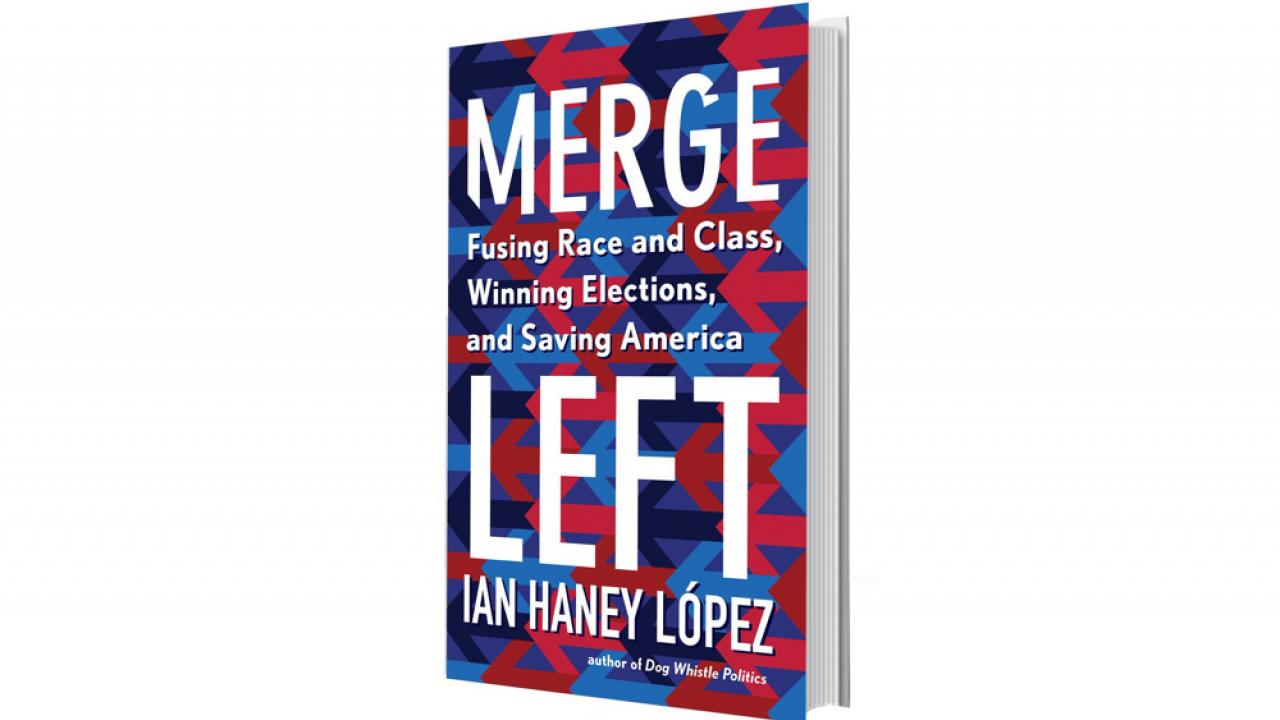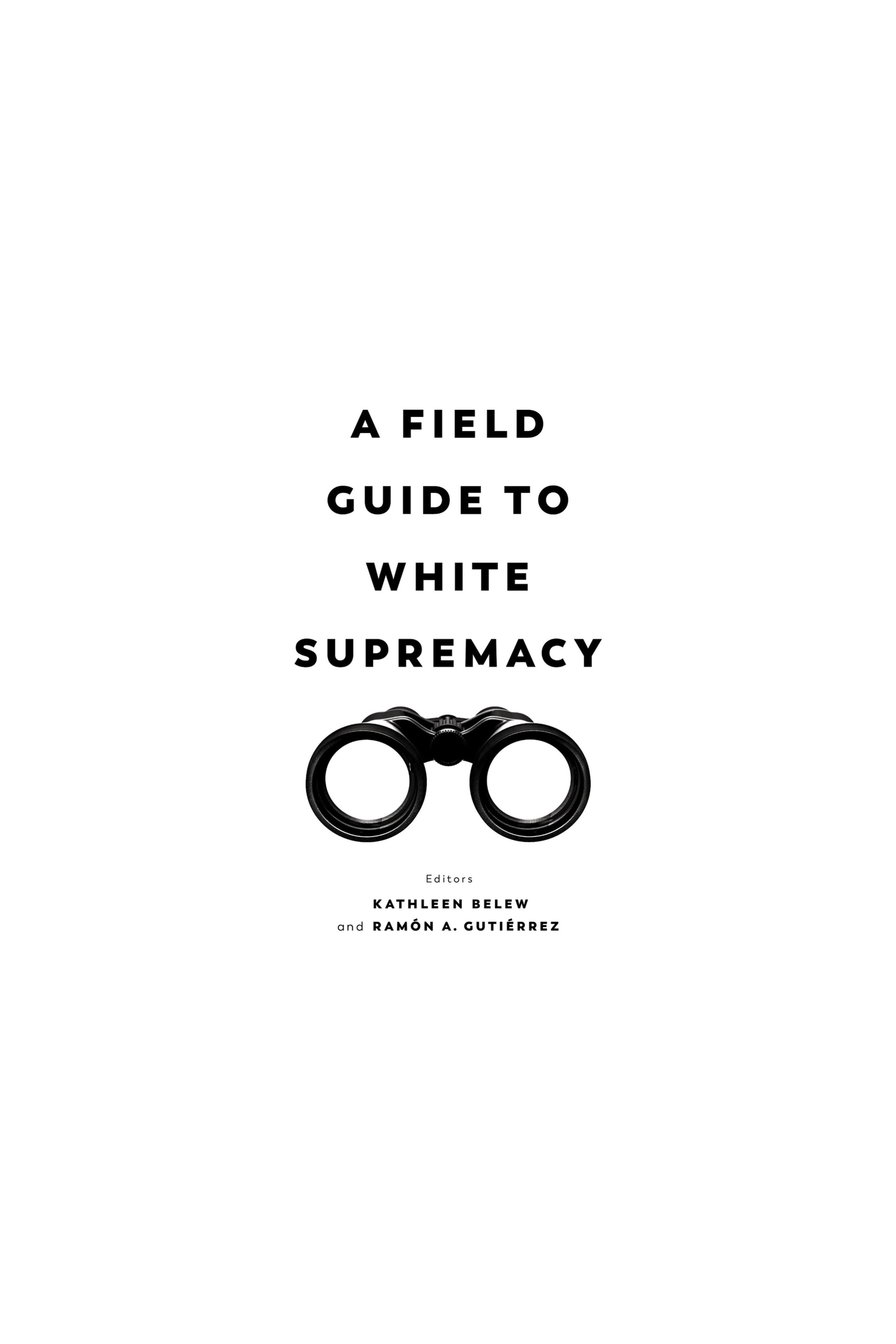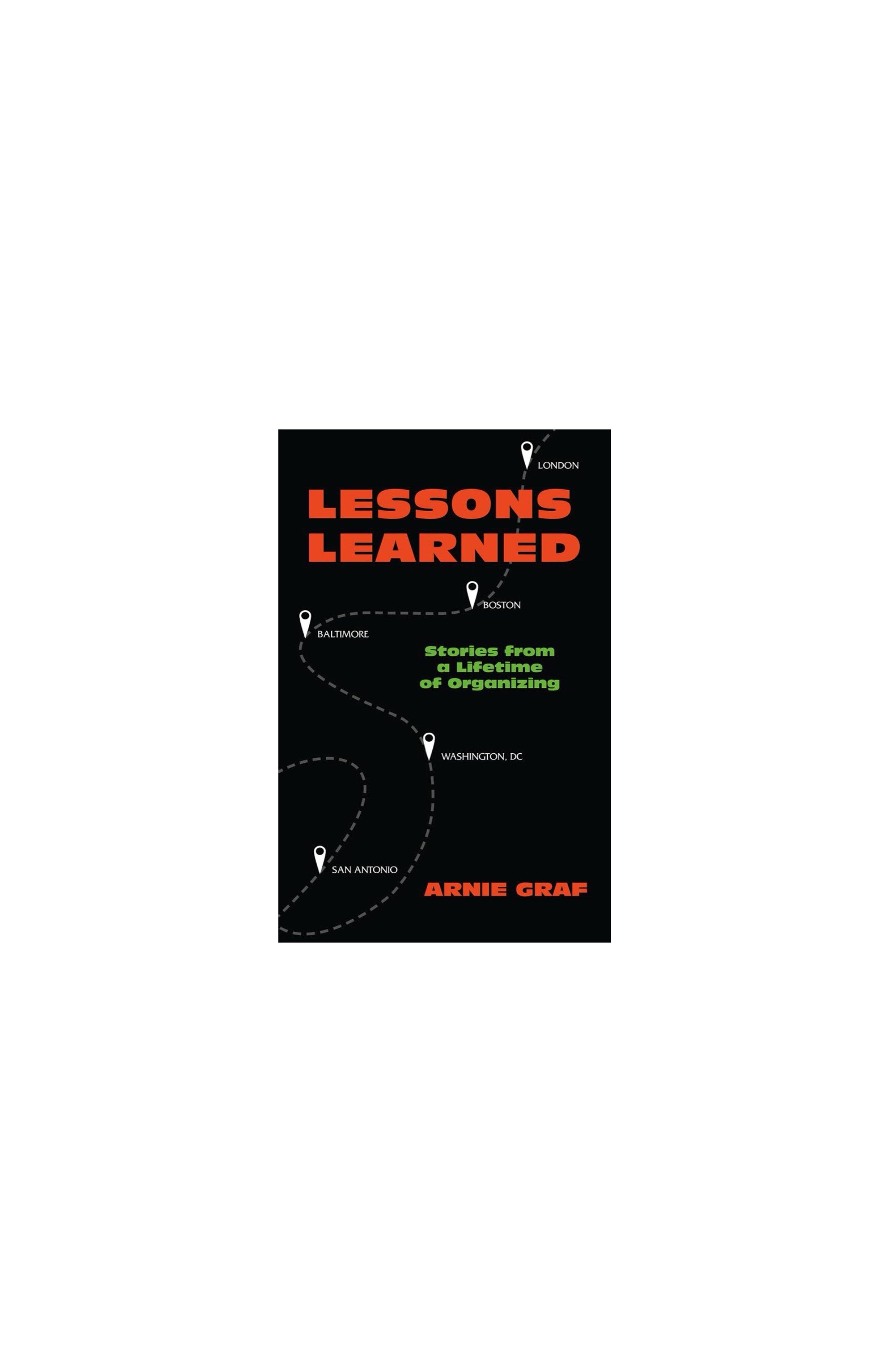One of the goals of The Forge is to help organizers keep up with the worlds of ideas and analysis, what’s happening in academia and other circles, and to make these learnings more accessible. To that end, in addition to publishing traditional, full-length book reviews, we are going to experiment with the best ways to bring the learnings from other sectors into our orbit. This includes interviews (see Han), book excerpts (see Zucman and Saez's The Triumph of Injustice), and what we’re calling Reviews in Brief, short reviews designed to help you decide if you want to dig deeper. With this issue of The Forge, we include two such reviews, of Anne Nelson’s Shadow Network: Media, Money and the Secret Hub of the Radical Right and of Ian Haney López’s Merge Left: Fusing Race and Class, Winning Elections and Saving America.
- The Editors
__________________________________________________________________
The next time someone says you can’t talk about race (or class) and win elections… give them this book.
When it comes to race and elections, too often we just do the same things over and over, not improving at all. That's where Merge Left, by Ian Haney Lopez, comes in. This is the book everyone should read before writing their "civic engagement" plans for 2020.
Perhaps this series of meetings sounds familiar. A big election happens. Race-baiting elects a vicious conservative. Right after the election, everyone agrees that we need to take race more seriously. Racial justice trainers are hired. If they are good, they make sure to include an analysis of structural racism, with ideas on how organizations can work for policy change. If they are bad, people mostly just leave with a sense of paralysis, worrying about the right words to say. Either way, a year goes by. The next election comes. Someone raises their hand and says, “Oh yeah, we all agreed racism was the reason we lost the last election. What are we supposed to do differently this time?” No one has any ideas. Then, people agree to do basically the same campaigns as last time, except maybe a new person of color is invited to a steering committee meeting.
Personally, I find this movie worse than Groundhog Day. At least Bill Murray, by the end, was getting better and better at dancing and the piano. When it comes to race and elections, too often we just do the same things over and over, not improving at all. That’s where Merge Left, by Ian Haney López, comes in. This is the book everyone should read before writing their “civic engagement” plans for 2020.
Simply put, López believes he has cracked the code. Working with famed public opinion researchers Anat Shenkar-Osorio and Celinda Lake, López believes that by fusing race and class together, progressives can speak our values and win. His convincing qualitative and quantitative data suggest that fusing race and class, rather than focusing on them separately or not at all, creates the most effective messages for 2020.
In this framework, a populist enemy of the people is named: greedy corporations, for example. These corporations are not merely exploiting the 99%, but they are also dividing us, explicitly pitting black and brown against white. Our vision of a society is one that pulls people together across these differences. This is different than saying people of color are “scapegoated,” or just ignoring race and focusing on economic populism, or ignoring all of these and focusing on Trump, or calling for bipartisanship. Instead, it’s a call for solidarity, across lines of race, to push back against those who want to sow racial division.
The idea sounds simple, even common sense. However, chapter by chapter, Lopez articulates exactly how this proposition challenges the default logic of many of those involved from racial justice activists and labor unions to Democratic socialists and conservative Democrats.
Many thoughtful critical race theorists will find interesting things to tinker with in Lopez’s vision. Yet it’s hard to imagine them taking issue with the goal of his project. And for organizers, this is the point: we have a starting place. Its premise is backed up by polling, focus groups and every other fancy way of measuring public opinion. We have no excuse for running racially oblivious campaigns in 2020.
Campaigns probably will still not be perfect. But there’s no excuse for recycling tired phrases about “the middle class,” or simply pointing out how bad Trump is, without injecting our own values and vision into the conversation. We know that ignoring race should qualify as political malpractice. Let’s at least make new mistakes. López and his fellow researchers have given us everything we need to get started on the task.






Become a Sustaining Donor to The Forge!
The Forge is built by and for organizers. Though we’ve raised a bit of startup money to build the site, this publication and community will be only as strong as we, together, make it.
Please click below to become a sustainer. When we have some cool swag, you’ll be first in line!
DonateRelated Articles
Review - Kaiāulu: Gathering Tides
What does “grassroots” mean?
Hope in an Unlikely Place
An Invitation to Organize
Get the latest articles sent to your inbox